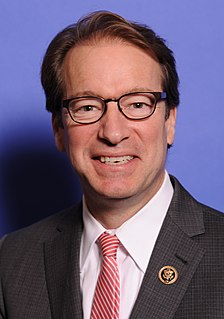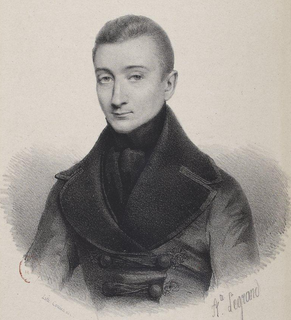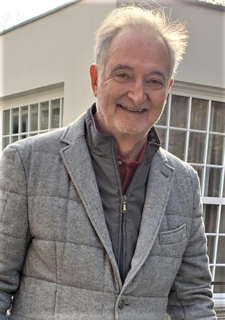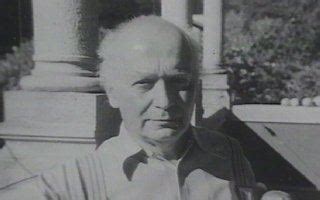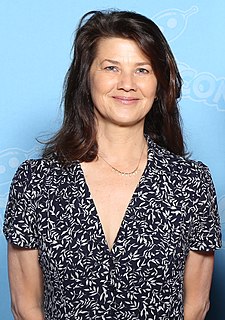A Quote by Alexis Carrel
The modern city consists of...dark, narrow streets full of gasoline fumes, coal dust, and toxic gasses, torn by the noise.
Related Quotes
With its array of gadgets and machines, all powered by energies that are destructive of land or air or water, and connected to work, market, school, recreation, etc., by gasoline engines, the modern home is a veritable factory of waste and destruction. It is the mainstay of the economy of money. But within the economies of energy and nature, it is a catastrophe. It takes in the world's goods and converts them into garbage, sewage, and noxious fumes-for none of which have we found a use.
For the taking of revenge, a man locks himself up alone and thinks. His stomach must be empty for his head to be full. Vengeance comes a little from the heart and a lot from the mind; one must take oneself apart from the noise of men and of things, even from what resembles them; only the voices of bells and of thunder are allowed. Let the room in which you meditate be dark, narrow and warm.
In Middle America men are awakening. Like awkward and untrained boys we begin to turn toward maturity and with our awakening we hunger for song. But in our towns and fields there are few memory haunted places. Here we stand in roaring city streets, on steaming coal heaps, in the shadow of factories from which come only the grinding roar of machines. We do not sing but mutter in the darkness. Our lips are cracked with dust and with the heat of furnaces. We but mutter and feel our way toward the promise of song.
For twenty-five centuries, Western knowledge has tried to look upon the world. It has failed to understand that the world is not for the beholding. It is for hearing. It is not legible, but audible. Our science has always desired to monitor, measure, abstract, and castrate meaning, forgetting that life is full of noise and that death alone is silent: work noise, noise of man, and noise of beast. Noise bought, sold, or prohibited. Nothing essential happens in the absence of noise.


